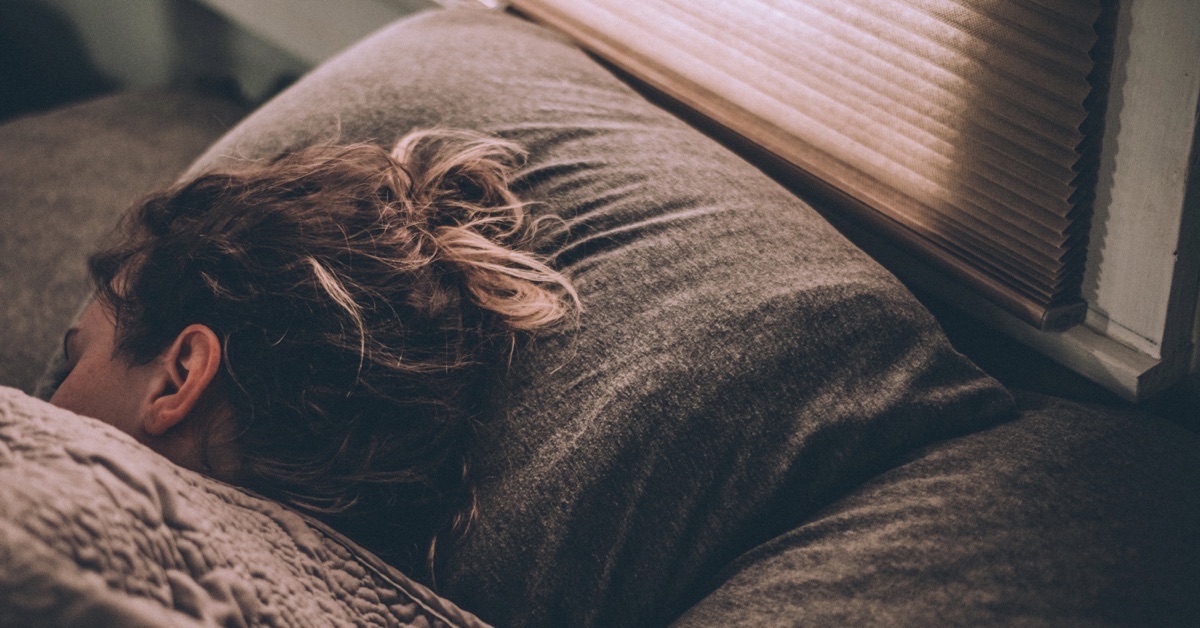Insomnia
It is assumed that one in four people suffer from sleep disorders. The most common problem is insomnia, which can be promoted by our hyperactive lifestyle in a society based on performance and countless activities. Insomnia can also be related to poor sleeping habits, to the difficulty of “letting go”, to anxiety, depression, alcohol, or poor eating habits.
Symptoms of insomnia
Most often, insomnia manifests itself as difficulty in falling asleep within a reasonable time – about 20 minutes.
In many other patients, it is characterised by an inability to sleep through the night: They lie awake for several hours during the night and are unable to fall back asleep. Often both symptoms occur in combination.
Effects of insomnia
The day-to-day activities of insomniacs are often clouded by daytime tiredness, lack of concentration, reduced responsiveness, exhaustion, increased irritability, and altered perception. Chronically disturbed sleep can weaken the immune system and lead to organic diseases. So not only the night but also every day becomes torture.
What If You Can Quit the Anxiety and Live the Life You Want?
As sleep is one of the basic needs of the organism, the body may get the sleep it longs for during the day. This so-called “microsleep” overpowers those affected at worst at unfavorable times, such as at work or while driving. In addition, many insomnia patients take sleeping pills permanently. Drug addiction can also be the result of insomnia.
What is sleep?
Sleep is essential for our existence, we couldn’t live without it. We spend a third of our lives sleeping.

During the night, we go through 4-5 cycles of about 90 minutes, each comprising 4 stages:
- Stage One: Transition from waking to sleeping, light sleep. During this sleep stage, we can still hear and understand what is happening around us.
- Stage 2: light sleep. It is at this stage that we spend most of our sleep.
- Stage 3: deep sleep. Among other things, the body uses deep sleep for regeneration. Our functions are slowed down and we are not so easy to wake up. In this stage the brain is regenerated, the immune system is strengthened and important information is anchored in our memory.
- Paradoxical sleep (or REM). Most dreams occur in this stage. This stage is important for the consolidation of memory and probably also for processing our emotions.
Each cycle is followed by a short waking phase.
You need a good night’s sleep for that.
During sleep, our brain creates order: Experiences are processed, evaluated, or sorted out. Newly learned information can be better stored. Whoever sleeps sufficiently, will lose weight more easily. Sleep promotes our endurance, strengthens the immune system, and helps the organs to work better. Good sleep means not too little and not too much. A normal adult needs around seven to nine hours. One hour more or less, depending on the type.

What are the causes of sleep disorders?
The following factors can promote the development of sleep disorders:
- Physical causes
- Mental causes
- Environmental influences & external circumstances
- Psychiatric diseases
- Drugs
Physical causes
As physical causes, many different diseases can be considered in addition to pain disorders. An example of a sleep-related cause is the Restless Leg Syndrome (nocturnal urge to move the legs due to sensations of discomfort).
External circumstances
In the case of shift workers or jet lag, one speaks of exogenous disturbances of the rhythm as coming from outside. Environmental influences such as light and temperature shift the circadian rhythm. In colloquial language, one could say that the inner clock is set back.
Psychological causes
Stress on the psyche such as professional problems, difficulties in family and relationships or money problems can cause temporary, but also chronic sleep disorders.
Psychiatric diseases
Depression, post-traumatic stress, anxiety disorders, and eating disorders can trigger sleep disorders.
Mindfulness approach
When we can’t sleep, thoughts of the past or future are turning in our heads. We are busy solving problems. Since insomnia, like other stress-related problems, feeds on both our struggle with symptoms and other disturbing emotional problems, it is not surprising that the practice of mindfulness (meditation) can be useful. It works best when combined with other methods.
Get in touch to see how I can help you to deal with your sleeping disorders. Please enter your details here, explain to me your worries and I will help you to find the solution that best suits your case. I will contact you back as soon as possible.
You’re in good hands

Get in touch to see how I can help you to reduce your anxiety.
Please enter your details here, explain to me your worries and I will help you to find the solution that best suits your case.
I will contact you back as soon as possible.
